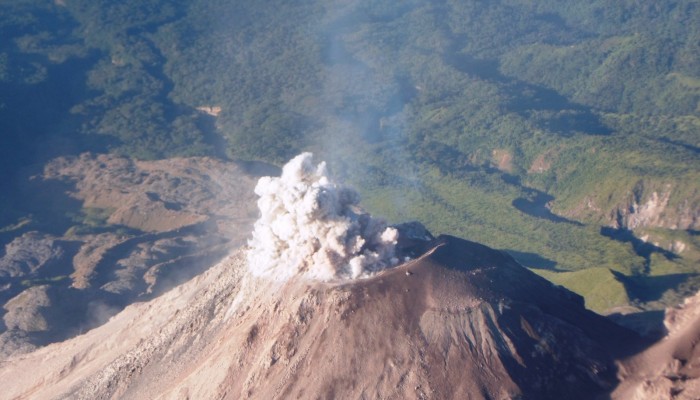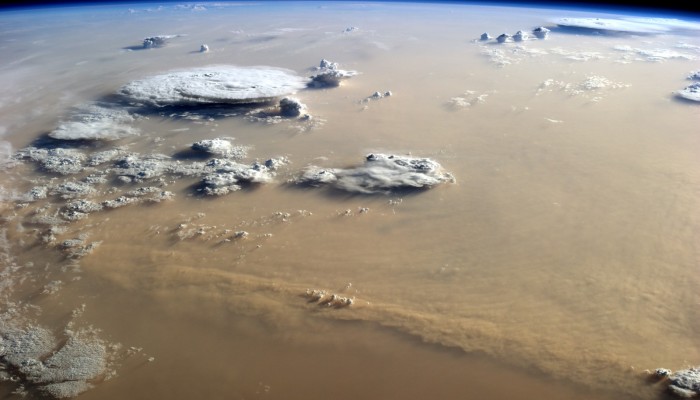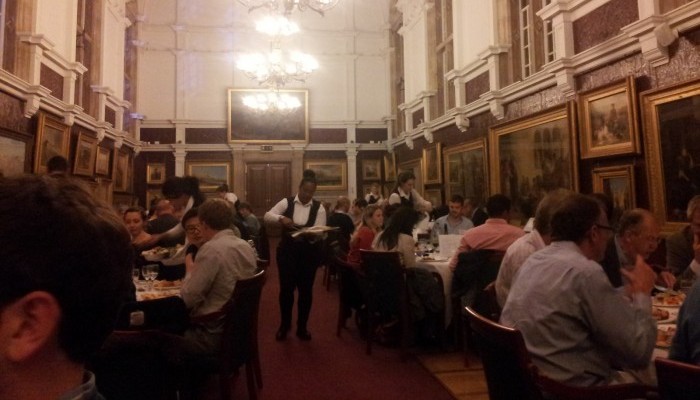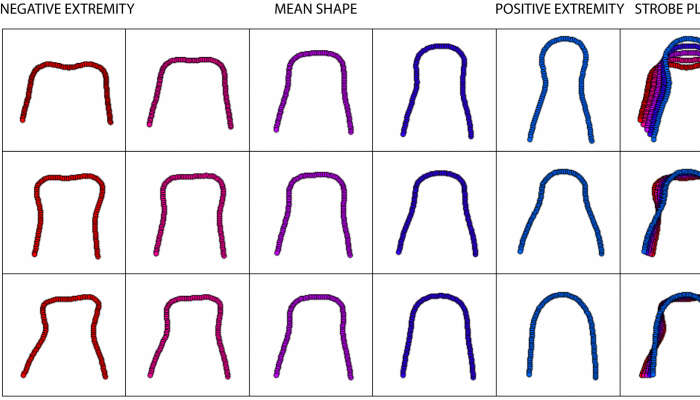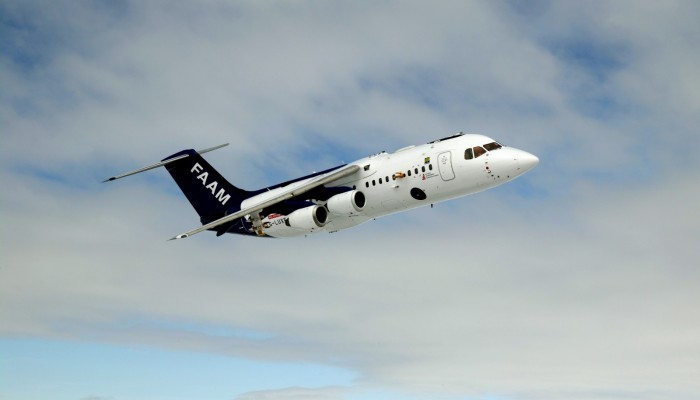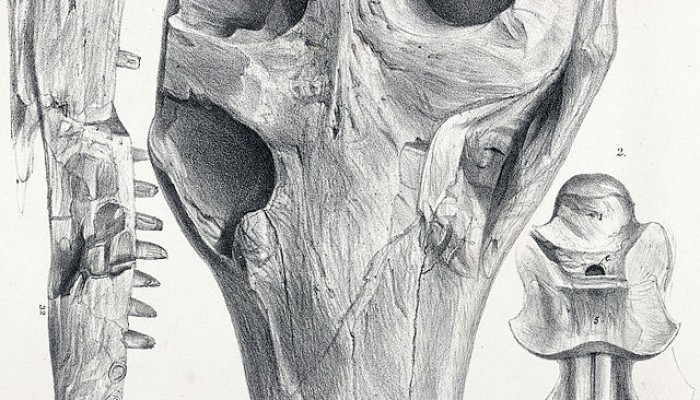Until 1996, Guatemala was in the midst of a brutal Civil War. This sculpture in the Presidential Palace of Guatemala City is a reminder of that troubled past and symbolic of a hopeful peaceful future. In the same way that conflict/disasters can hamper and set-back development efforts, conflict can also set-back disaster risk reduction and management. Even once finished, past conflicts can erode tr ...[Read More]
Geology for Global Development
How ‘Natural’ is a ‘Natural Disaster’?
‘Natural disasters’ is a phrase widely used by the geoscience community but how accurate is it? Given the human and societal factors that create a disaster, it has been highlighted that there is no such thing as a natural disaster. Is this simply a convenient phrase that recognises the contribution of natural processes (e.g., earthquakes), are we being sloppy with our language, or are ...[Read More]
Polluting the Internet
Around the world
The short lifetime of aerosol particles in the atmosphere means that they tend to be found concentrated in regions close to where they were formed. As they only last for days to weeks in the atmosphere, they don’t travel too far as the Earth’s winds aren’t able to fully mix the air over such a short period. This short lifetime should also mean that any changes in the emissions of ...[Read More]
Green Tea and Velociraptors
New ‘fish lizard’ used to prowl the Scottish seas
A cool new ichthyosaur – a type of marine reptile – has just been named in the Scottish Journal of Geology. I’ve written about it here, with some great comments from the lead author (Steve Brusatte). Most reports on the new beastie just focus on the finding, but we’ve gone for a different angle by delving into what it means for the evolution of ichthyosaurs during the Juras ...[Read More]
Geology Jenga
A real-world example of ‘networking’ success
One piece of advice that Early Career Researchers (certainly including PhD students) encounter repeatedly is this concept of ‘developing academic networks’ that may potentially lead to collaborative research and ideally a job in the future. I often wondered what on earth that actually meant when I started my PhD. Attending conferences and speaking to colleagues is certainly fun, interesting and in ...[Read More]
Green Tea and Velociraptors
It’s a ruminant snout, deer
So the last couple of posts have been a bit of an eclectic mix of open access-y stuff and some of the research I’ve been doing on crocodiles as part of my PhD. This one is gonna be a bit of a change, about research that I recently published following my masters project a couple of years back. Weirdly, this was on the snouts of ruminants, and what they can tell us about their ecology. The who ...[Read More]
Polluting the Internet
Wuthering heights
Aerosol particles typically have short life spans in the atmosphere (days to weeks) but they can travel far and wide in that time. They can be lifted up to new horizons, higher and higher in the atmosphere. This is important for their impact on our climate, for example, at least 20% of the uncertainty in the climate impact of black carbon aerosol is due to differences in its vertical distribution. ...[Read More]
Green Tea and Velociraptors
Top 10 dinosaur facts!
For those of you who may not have been aware, I was fortunate enough to recently publish a dinosaur book for kids, complete with build-it-yourself pop-out dinosaurs. I’ve recently published an article in The Guardian about it, which features much of the great artwork by Vladimir Nikolov. It’s all about some of the perhaps less well-known dinosaur facts that feature in the book, so enjo ...[Read More]
WaterUnderground
A social media dashboard for researchers – taming the digital anarchy for nerds
Is anyone else overwhelmed by updating their many webpages, blogs, streams etc? Jason Priem described the shift from a paper-native academia to a web-native academia, in an excellent article last year in Nature, a shift well beyond the traditional peer-reviewed journal to more diverse outlets of information, interaction and discussion. I am part of the first generation of researchers who are excit ...[Read More]
Green Tea and Velociraptors
The origin of a second wave of supreme-swimming crocodiles
Millions of years ago, crocodiles were far more diverse (and weird) than the ones we still have around today. They ranged from armoured, tank-like forms living on land and feeding on plants, to 9 metre long fully-fledged swimmers out in the open oceans. In the Jurassic period, most of the crocs we know of were of this second kind, the whole marine forms. These comprised a group known as thalattosu ...[Read More]

